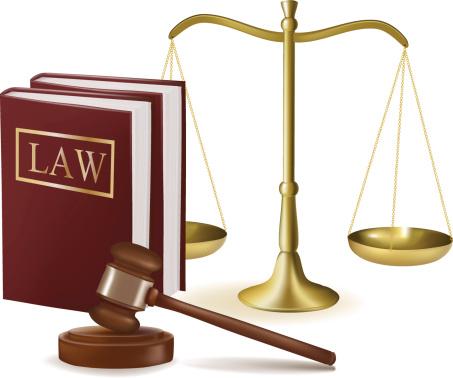Attorney-client privilege means that the discussions regarding your pending case remain confidential. Recently, an exception to this rule was granted by a trial court in Florida. The reason behind this was because the plaintiff was a defendant in a prior case. As a result, the plaintiff was owed information that should have remained confidential by the attorney-client privilege. Unfortunately for the plaintiff, the decision of the initial court was overturned in the Boozer v. Stalley case, held in Florida’s Fifth District Court of Appeal.
Plaintiff discovery allows the defendant and the plaintiff to share information, usually only when it is protected or privileged. The point of sharing information is that all parties involved are aware of the evidence once a trial commences. Furthermore, settling is often the result, making the situation easier for everyone due to the ability for a clear winner to be defined beforehand. That is not to say that victory is always clear, but many times it is apparent enough to forgo the hassle of a trial.
Boozer v. Stalley
The details of the Boozer v. Stalley case are as follows: a car accident left a man badly injured at the hands of Boozer, the defendant. This defendant was covered by her two insurance policies, which totaled $1.1 million in coverage for bodily injury. The insurance company issued these policies via two of its Florida branches. When the insurance company lost the case at the hands of the attorney it appointed for the woman, which was a policy norm, it only paid the policy limit of $1.1 million. The problem? The jury awarded the man $11.1 million total. Unfortunately for Stalley, the insurance company had no intention of paying what he was legally owed, and it ignored his requests to pay the remainder of the judgment.
Bad Faith Action Filed
Representation for Stalley subsequently filed a bad faith action due to the lack of cooperation from the insurance company. Bad faith is an action within insurance law whereby an insurer fails to meet its obligations for compensation. By failing to treat a plaintiff in a “good” manner, the insurance agency is acting “badly” towards the plaintiff. Legal action is sometimes required to recover the remaining funds in a judgment when insurance agencies fail to pay in full and promptly. In addition, the representation for Stalley subpoenaed the original case files and asked that the attorney representing the defendant be deposed.
Related Posts:
In response, the original defendant and attorney asked to not be required to share information categorized as protected by attorney-client privilege, in addition to limiting the deposition and receiving a protective order. All of this was denied until the order was reviewed by appellate courts. As a result, the representation for Boozer did not testify to any detailed information about his communication with the client. An appeal was filed and Stalley’s representation cited bad faith Insurance Claim as enough of a reason to allow the plaintiff to know the evidence held by the defendant.
Outcome
Ultimately the appellate court decided that bad faith actions, which constituted a lawsuit do not automatically allow a plaintiff to gain access to information protected by client-attorney privilege. The order for the release of this information was quashed and the Florida Supreme Court was asked to determine whether or not the decision had been correctly made.
Contact the Sternberg Law Office
If you or a loved one has been injured in a car accident, you deserve financial restitution for your injuries, pain, suffering, and other ramifications. Call the legal team at the Sternberg Law Office at 561-687-5660 now for a free consultation. Do you think you do not have a case? Don’t let your doubts prevent you from taking charge of your situation with legal representation that can better your situation.

